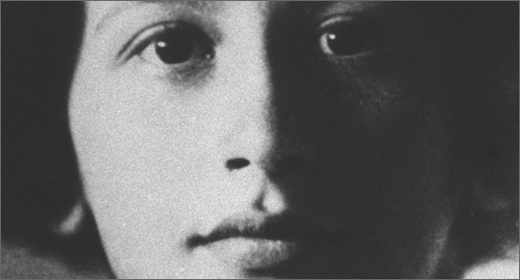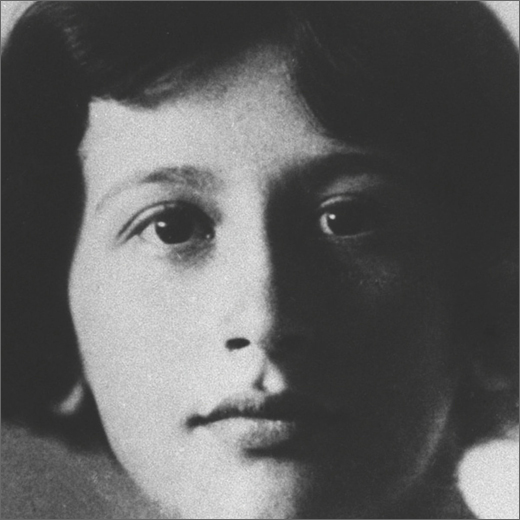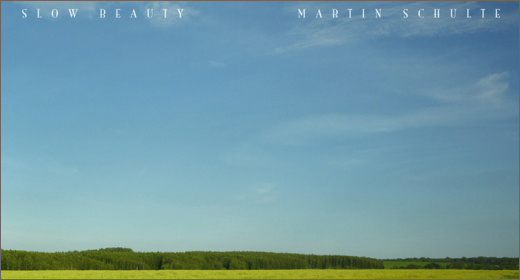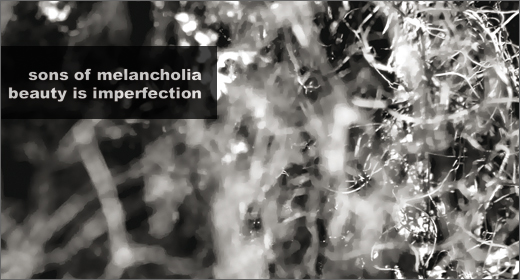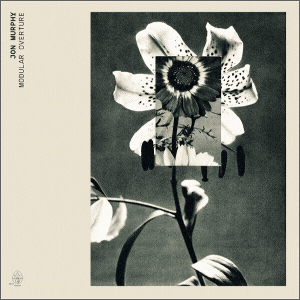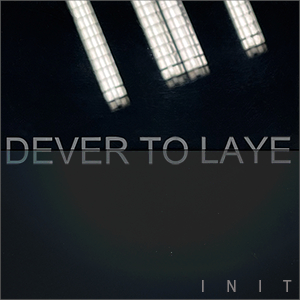Beauty is created in the meeting of our understanding with our imagination; an album like Beauty Will Save the World may not save the world, but surely helps enchant it.
The first album in twenty years by the unclassifiable, enigmatic Revolutionary Army of the Infant Jesus might well be subtitled “Varieties of Religious Experience,” as the group—Liverpudlians Paul Boyce, Jon Egan, and Leslie Hampson plus a sheaf of guest collaborators both live and sampled—unspool a scarlet thread through the labyrinth of that which “connects every manifestation of beauty, however fragile, transitory and seemingly accidental,” according to Egan. Although its music (and universally-hailed, multimedia live performances) has varied wildly in form, the tenor of Beauty Will Save the World is serene and joyful and bears comparison with Clodagh Simonds’ “lit-from-within” Fovea Hex project.
From the cover, an extreme and androgynizing close-up of Simone Weil, the Jewish-born Christian mystic who declined to be baptized due to the irresistible pull other manifestations of spiritual enlightenment exerted on her, stares out. In interview, Egan explains that while Christianity is a “shared position” within the band, it does not obstruct its members from collecting and connecting ideas from throughout the spiritual world, hence the Thomas Merton quote about a “hidden wholeness” imprinted on the inner sleeve. He further explains that however eclectic, the music is not intended as a deconstruction of its myriad sources. In her philosophical writings, Weil herself coined the term decreation, the process through which something passes from created to uncreated. Poetry is an example of decreation where language recovers its pristine originality from the subjugation of everyday speech and releases its immediacy and multiplicity. Poetry enchants the world, and enchantment is aesthetically associated with hope.
Beauty Will Save the World liberates that which brings light to the world—most literally in a vintage reading of Welsh poet R. S. Thomas’ “The Bright Field”—be it God, nature or heightened consciousness of the moment—in a seamless medley of song and ambience, from the high lonesome of “Song of the Soul”—not the desert of the Old West but rather the Old East, of stylites towering in isolation in the wastelands of ancient Syria. A reformed West Virginian felon, now Appalachian Pentecostal (sampled from the documentary The Holy Ghost People) expounds on repentance and speaking in tongues. Drum circles entrain and out of one, a song based on a text by 14th-century Sufi teacher Ibn Abbad al-Rundi emerges. Spanish spoken word and French chanson, Muslim melismata, vernacular English folk song and plainsong and Subcontinental chant, are all sparrows caught in the tender mist net of the band.
Beauty is created in the meeting of our understanding with our imagination; an album like Beauty Will Save the World may not save the world, but surely helps enchant it.
Beauty Will Save the World is available on Occultation.






